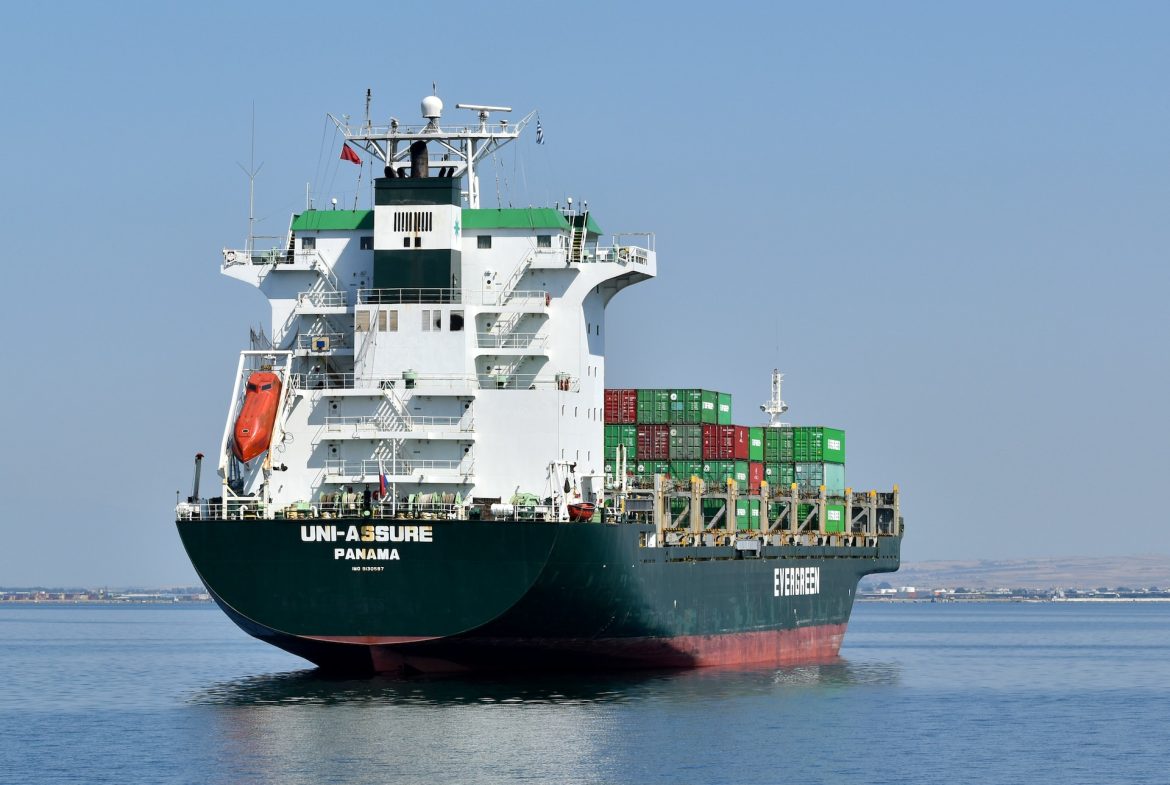Africa’s oil-producing countries face a major challenge as the world shifts to cleaner and renewable energy sources. How can they ensure the sustainability and profitability of their hydrocarbon resources in the face of this global change?
To find some answers, experts and stakeholders in Africa’s oil and gas industry will meet in Abuja, Nigeria, for the third edition of the African Local Content Roundtable. The event, sponsored by the Nigerian Content Monitoring and Development Board (NCDMB) and partnered by the African Petroleum Producers Organisation (APPO), will occur on October 25 and 26, 2023.
The roundtable will provide a platform for discussions on innovative ways to tackle the growing challenges facing the continent’s oil and gas sector, such as funding, infrastructure, human capacity development, and regulatory framework. The participants will also review the approaches and regulations employed to drive local content along the value chain of Africa’s oil and gas industry.
Local content refers to the participation of local businesses and workers in oil and gas exploration, production, and distribution. It aims to maximize the benefits of the industry for the host countries and communities, such as creating jobs, developing skills, enhancing technology transfer, and boosting economic growth.
According to APPO, Africa has about 128 billion barrels of proven oil reserves, accounting for 7.5% of global reserves. However, the continent faces many challenges in developing its oil and gas potential, such as low investment, weak governance, security risks, and environmental issues.
The energy transition, driven by the global efforts to combat climate change and reduce greenhouse gas emissions, poses another threat to Africa’s oil and gas industry. According to a report by Rystad Energy, a Norwegian consultancy firm, Africa’s oil production could decline by 30% by 2030 under a scenario of rapid energy transition.
To cope with this challenge, some African countries have started diversifying their energy mix and investing in renewable energy sources, such as solar, wind, and hydro. For example, Nigeria has set a target of achieving 30% renewable energy share by 2030. Angola has launched a $5 billion renewable energy program to increase its power generation capacity. Egypt has become a regional leader in solar energy with its Benban Solar Park, the largest in Africa.
However, these efforts are not enough to meet the growing energy demand in Africa, which is expected to double by 2040. According to the International Energy Agency (IEA), Africa needs $2.6 trillion of investment in its energy sector by 2030 to provide universal access to electricity and clean cooking for its 1.3 billion people.
Therefore, oil and gas will remain an important part of Africa’s energy mix for the foreseeable future. The challenge is making the industry more efficient, competitive, and resilient in the face of the energy transition.
This is where the African Local Content Roundtable comes in. The event will bring together experts and stakeholders from APPO member countries, which include Algeria, Angola, Benin, Cameroon, Chad, Congo-Brazzaville, Congo-Kinshasa, Côte d’Ivoire, Egypt, Equatorial Guinea, Gabon, Ghana, Libya, Mauritania, Niger, Nigeria, South Africa, South Sudan and Sudan.
The roundtable will also feature representatives from international organizations, such as the African Export-Import Bank (Afreximbank), which has signed an agreement with APPO to collaborate on establishing an African Energy Bank to support an Africa-led energy transition strategy.
One of the key recommendations from the previous editions of the roundtable was the creation of an Africa Energy Bank to provide funding for local content development and energy projects in Africa. The bank would also facilitate intra-African trade and integration in the oil and gas sector.
The roundtable will explore other topics such as technology innovation, research and development, capacity building, and regulatory harmonization. The aim is to foster more home-grown solutions and collaboration among African countries to address their common challenges and opportunities in the oil and gas industry.
The organizers hope the roundtable will generate actionable outcomes to help Africa’s oil-producing countries adapt to the changing global energy landscape and achieve their sustainable development goals.
Source: Business Day



